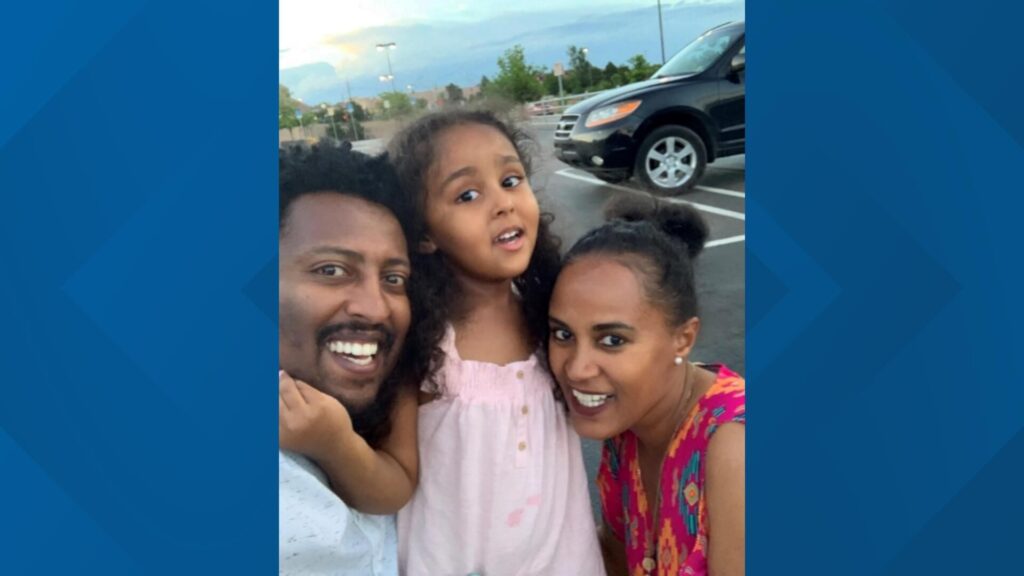Judge dismisses online betting lawsuit against Colorado

A federal judge has ruled in favor of Colorado Governor Jared Polis and the Colorado Division of Gaming in a case concerning tribal gaming rights and online sports betting.
Colorado District Court Judge Gordon Gallagher ruled that sports betting occurs where the individual is located, which determines whether it is subject to the Indian Gaming Regulatory Act (IGRA).
“If the bettor is on Indian land, the gaming activity is on Indian land and IGRA applies,” Gallagher wrote in his ruling. “If the bettor is off Indian land, e.g., in Denver, the bettor is not engaged in gaming on Indian land and IGRA does not apply.”
Last year, the Southern Ute Indian Tribe filed a lawsuit against Polis and the Colorado Gaming Division over what they believe is a lack of access to the online betting market.
On Oct. 16, the state of Colorado motioned to dismiss the lawsuit on the grounds of state sovereign immunity guaranteed under the Eleventh Amendment of the U.S. Constitution, which Gallagher granted on Oct. 23.
“We deeply respect the government-to-government relationship the state has with the Ute Mountain Ute and Southern Ute Indian Tribes,” a spokesperson for Polis’ office said in a statement. “We are glad that the court ruled in the state’s favor to ensure Colorado can continue to manage sports betting in a way that works best for Coloradans and our state and continue funding important water projects around the state.
“We are dedicated to working together with the Tribes on gaming matters, and we look forward to ongoing conversations with the Ute Mountain Ute and Southern Ute Indian Tribes on this important issue.”
In their complaint, the tribe alleged that they have been unable to benefit from tax revenue generated through sports betting. The complaint alleges the state has failed to take action to ensure its local tribes are granted the same “economic opportunities” as other betting options.
Following the passage of Proposition DD in 2019, which legalized online sports betting in Colorado, a 10% tax was created for the proceeds, which is paid for by casinos, online sportsbooks and bettors.
In addition to funding the regulation of sports betting and gambling addiction services, the revenue generated through the taxes goes towards water projects and water-related obligations.
A 1995 federal gaming compact between the Southern Ute Indian Tribe and Colorado allows the tribe to engage in gaming activities and betting that is identical to others authorized in the state. Since federally recognized tribes aren’t taxable entities, tribal gaming proceeds are exempt from online betting taxes.
The tribe alleged that Polis and the state Division of Gaming unlawfully seized authority of their online sports betting option, the Sky Ute Sportsbook, from the Tribal Gaming Commission without consulting them over regulatory options.
About a year later, the Division of Gaming proposed that the tribe acquire state licensure and pay 10% of revenues earned from betting proceeds outside the reservation to the state, as other sportsbooks currently do, which was perceived as freezing any potential revenue to be gained during this period and benefiting out-of-state businesses. The Sky Ute Sportsbook would close in July 2023.
Last October, the Ute Mountain Tribe joined the lawsuit as plaintiffs, alleging similar challenges in establishing online sportsbooks over state concerns that bets would take place beyond tribal boundaries. The plaintiffs have referenced other cases in the U.S. and amended compacts for tribal online sports gambling.
Gallagher noted that, since the state has offered the tribes to participate in online sports betting under similar regulations, their ability to offer gaming is confined by the IGRA along any waiver of immunity by the state.
“If Colorado were attempting to regulate the Tribes’ acceptance of wagers placed within the bounds of their respective reservations, it would be overstepping into the Tribes’ jurisdiction under IGRA,” Gallagher wrote.
“But, Colorado is only seeking to regulate the acceptance of wagers placed off the reservations and thus occurring off Indian land.”
The Colorado Division of Gaming reported that a record-breaking $37 million was generated from $6 billion in sports bets for the 2024-25 fiscal year.
“The Tribe respects Judge Gallagher and appreciates the time he has given this issue,” the Southern Ute Indian Tribe said in a statement Oct. 24. “We believe a different result is mandated by federal law and will be evaluating how to move forward in the coming weeks.”
A news release from the tribe would go on to note how the tax revenue is used for water projects and that a significant gasoline spill that happened last December has impacted land within the exterior boundaries of the Southern Ute Indian Reservation.
It is estimated that 97,000 gallons were spilled, and remediation work continues.
The tribe criticized the state for not prioritizing these efforts, saying that “had this spill been in Denver instead of a remote, rural part of the state, the response would have been more robust.”
Representatives from the tribe also mentioned a scheduled call with Polis’ office, Colorado Department of Public Health and Environment and the Colorado Commission of Indian Affairs that was canceled after Polis failed to appear last week.
“The Southern Ute Indian Tribe has expended its own resources to ensure the local waterways and resources are protected in our region,” the release said.
“It has done so without a single dollar of the millions of dollars in revenue the State has collected from sports betting, and without the benefit of additional revenue from tribally-run sports betting that could have been relied upon had the Gaming Compact been honored.”
Regarding the canceled meeting, Polis’ spokesperson called it “an unfortunate miscommunication” and said that Polis later called Southern Ute Indian Tribe Chairman Melvin Baker to apologize.
“The Governor is willing to meet with them at any time,” they said in a statement. “The state looks forward to continuing these important conversations with the Tribes.”





